Italy’s university deans on Monday added their voices to the calls for Draghi to to rethink his resignation amid soaring inflation, the cost of living crisis and Italy’s post-pandemic recovery plans.
Draghi offered his resignation to Italy’s president on Thursday, but was asked to take time to sound out whether it was possible to carry on with the current government until the general election early next year.
READ ALSO: Anger and astonishment in Italy after PM Draghi’s resignation attempt
He is expected to address parliament on Wednesday, either to lay out his plan for keeping the government alive or to repeat his belief that his only option is to resign.
“Dear Premier Draghi, the university world needs you,” read an open letter in newspaper Corriere della Sera by Ferruccio Resta, the head of the Politecnico di Milano and the president of the conference of Italian university deans.
“Young people need examples and renewed faith in the future”.
READ ALSO: What does Italy’s latest political crisis mean for the economy?
Over the weekend a petition attracted the signatures of hundreds of mayors from Florence to Rome and Venice on Sunday, pleading for Draghi to continue.
The petition slammed the “irresponsible behaviour” of the Five Star Movement, a member of the ruling coalition that sat out a confidence vote last week, a move Draghi had warned would bring down the government.
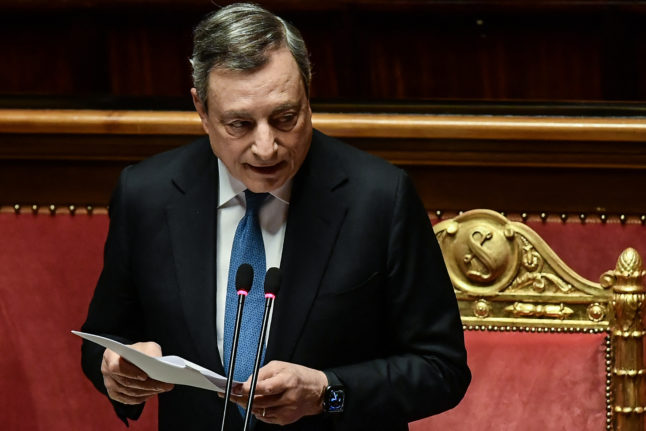
Business leaders and Italy’s industry associations have also called on the former European Central Bank chief to stay on as premier.
For now the country remains in limbo – with a very real possibility of early elections being called after summer.
READ ALSO: Four scenarios: What happens next in Italy’s government crisis?
Ex-premier Silvio Berlusconi and far-right leader Matteo Salvini, both of whom have parties in Draghi’s coalition, said Sunday they could no longer govern with Five Star, due to its “incompetence and unreliability”.
Berlusconi and Salvini are both “ready” to go to the polls “even very shortly”, if necessary, their joint statement said.
The mayors who signed the petition said they were watching events unfold “with disbelief and concern” as their cities and towns begin the work of recovering from pandemic-induced closures.
READ ALSO: How one dying Italian village plans to spend €20m in EU recovery funds
“Our cities… cannot afford a crisis today that means immobilism and division, where action, credibility, seriousness are now needed,” the petition said.
The post-pandemic recovery and social emergency mean “now, more than ever, we need stability, certainty and consistency in order to continue the transformation of our cities.
“Because without the rebirth of these, Italy will not be reborn either,” it said.

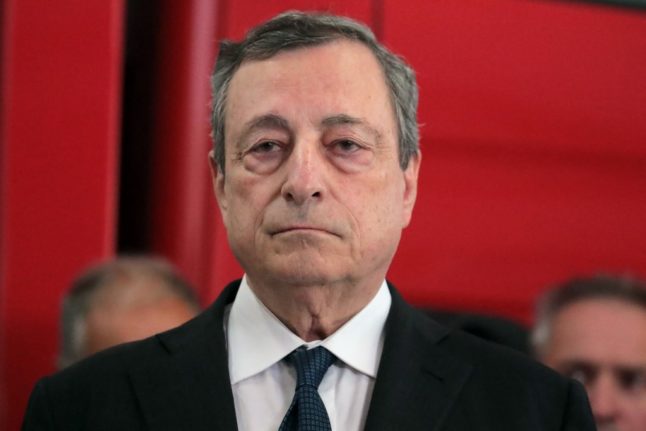
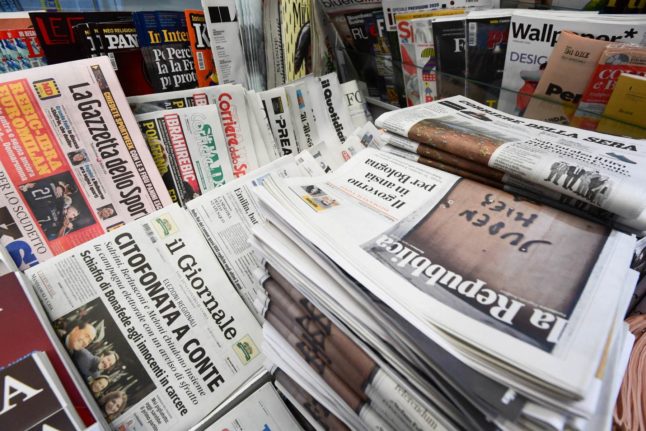
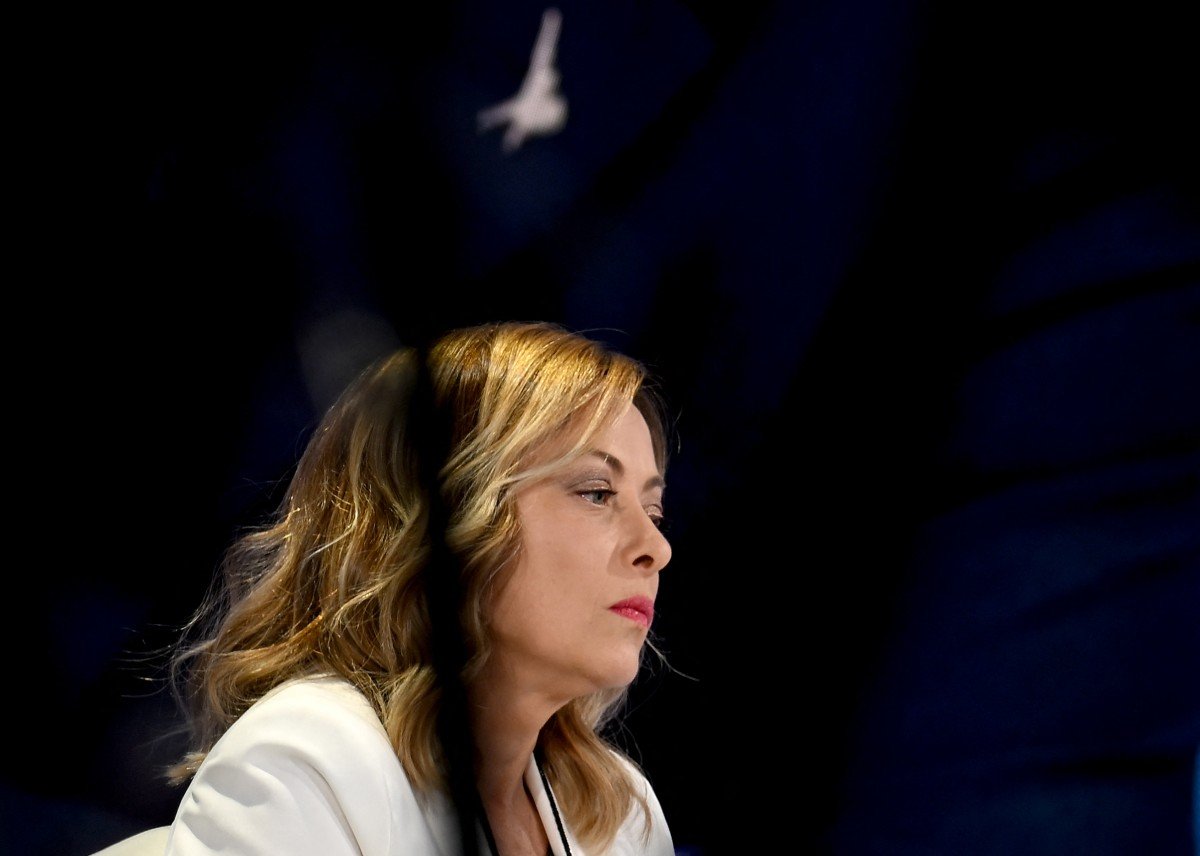
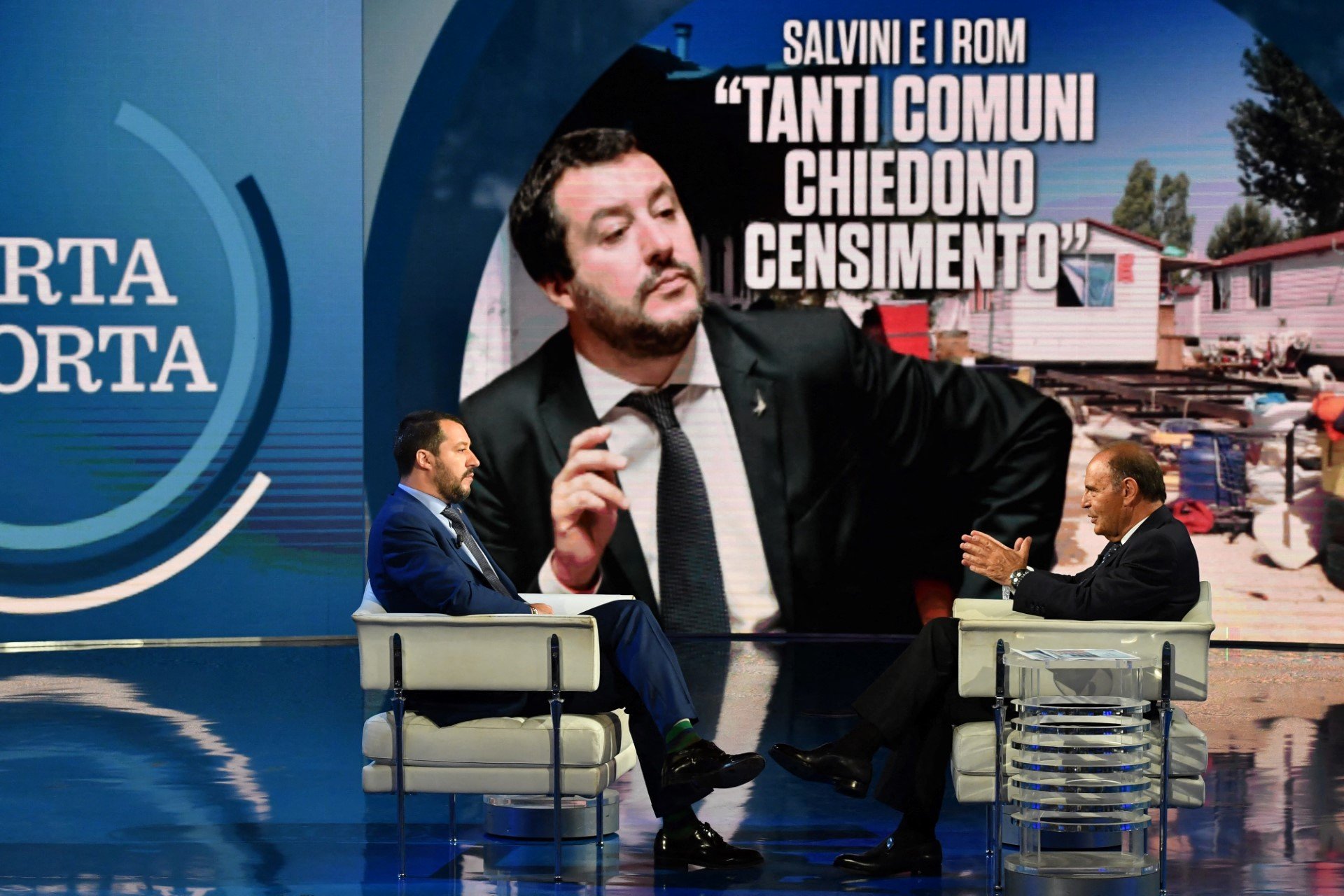
 Please whitelist us to continue reading.
Please whitelist us to continue reading.
Member comments